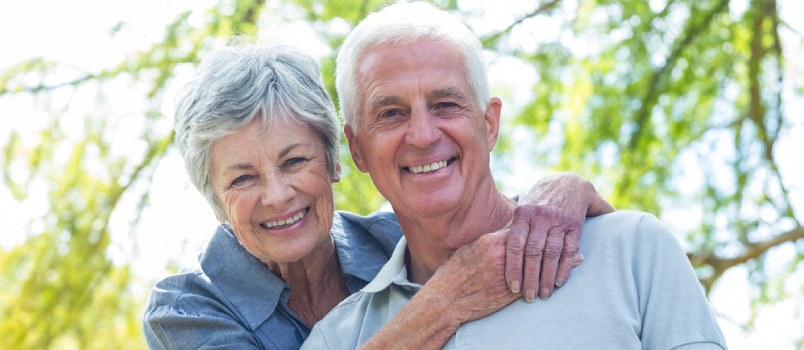
We met when Bruce’s brother married my sister. I was 16. He was 21. We married four years later.
For over 45 years we did everything together. We laughed, cried, danced, and sat quietly. We swam, sailed, and traveled.
We enjoyed good food and wine and shared books. We had kids, built two houses, and welcomed our grandchildren. We celebrated life.
Then, at the start of a sparkling Labor Day weekend, doctors found a tumor at the junction of Bruce’s esophagus.
Even after six months of chemotherapy and radiation, it became clear that modern medical technology was no match for my husband’s terminal illness that had invaded his body, Bruce declined further treatment.
Instead of hospital beds and doctor trips, we filled our days with visits to the places he loved best, with the people he loved most.
Given the stark differences in our backgrounds, I marveled that Bruce and I had been able to meld into what I thought was the “perfect couple.”
Not to say we were that imaginary unattainable couple who never has a bad day, a jealous thought or a selfish act.
But the couple whose love, compassion, care, and tolerance nourished an enduring love, one that served us well when we faced my husband’s terminal illness.
Facing cancer with your spouse or partner opens your relationship to avenues that you might not have thought ever existed.
We had been through this before.
In July 2000, I was diagnosed with cancer. That Christmas, I had emergency open-heart surgery for the removal of a benign tumor.
Not only did we learn about cancer and facing death, but how to cope with a spouse who has terminal cancer.
Having two things that could have killed me within a six-month period made us realize that almost nothing is worth worrying about as long as you’re alive.
We had spent a lifetime watching people live and die
Even before my brush with death, our end-of-life wishes had evolved as we watched my mother die peacefully and witnessed the emotional carnage of other family members who did not go gentle into that good night.
Over a long slow decline, emphysema destroyed my father’s quality of life long before it killed him.
We decided we would die at home free from needless and painful healthcare interventions.
The sudden deaths of Bruce’s mother and father had sadly cut off the opportunity for closure of outstanding family issues.
His brother’s death was not sudden, but it was secretive.
Emaciated and frail, there was no acknowledgement that he was gravely ill, therefore no opportunity to express regrets, tie up loose ends, or share what they had meant to each other.
Bruce chose to reach out to friends and colleagues, giving them the chance to say goodbye.
Tolerance, compassion and joy during our time together.

It used to annoy me that Bruce was habitually late when we needed to be somewhere. Once I internalized that I can’t change other people, only my reactions, I started waiting to get ready until Bruce’s preparation was well under way.
I coupled that behavior with a change in my irrational belief that I alone would be judged irresponsible if we, as a couple, were late, and our issues disappeared.
Being angry made me feel terrible and had no impact on the target of my anger. This revelation also proved helpful when confronting life’s tendency to not play fair, such as being struck with a terminal illness.
I had also learned the importance of not leaving things unsaid. We often think of it in the context of being honest with loved ones about needs and feelings, but I extended it to expressions of gratitude.
I did not want to find myself regretting I had not told someone how much I cared about them.
We said “I love you” every day, always with meaning and always true, never just the perfunctory phrase.
Bruce’s extraordinary compassion set the example for all of us.
From the start Bruce set the tone. In the beginning, he vowed not to cry when revealing his diagnosis because he had noticed that if he cried others did.
Through emails and personal conversations he invited us to share his most intimate of journeys.
A few days before my husband’s terminal illness consumed him, he told me he wanted me to find someone who would love me as much as he did.
We held each other, silently celebrating our long and happy life together as we mourned the inevitable.
We die in character, as individuals and couples. Bruce achieved what most people want at the end of life, a sense of completion and I did too.
The stories that play and replay in my mind are treasured moments of joy, laughter and love. I will sorely miss his presence when it is my turn to take that last journey.
The post How Our Marriage Helped Us Through My Husband’s Terminal Illness appeared first on Marriage.com Blog.
from Marriage.com Blog https://ift.tt/2G8w94s
No comments:
Post a Comment